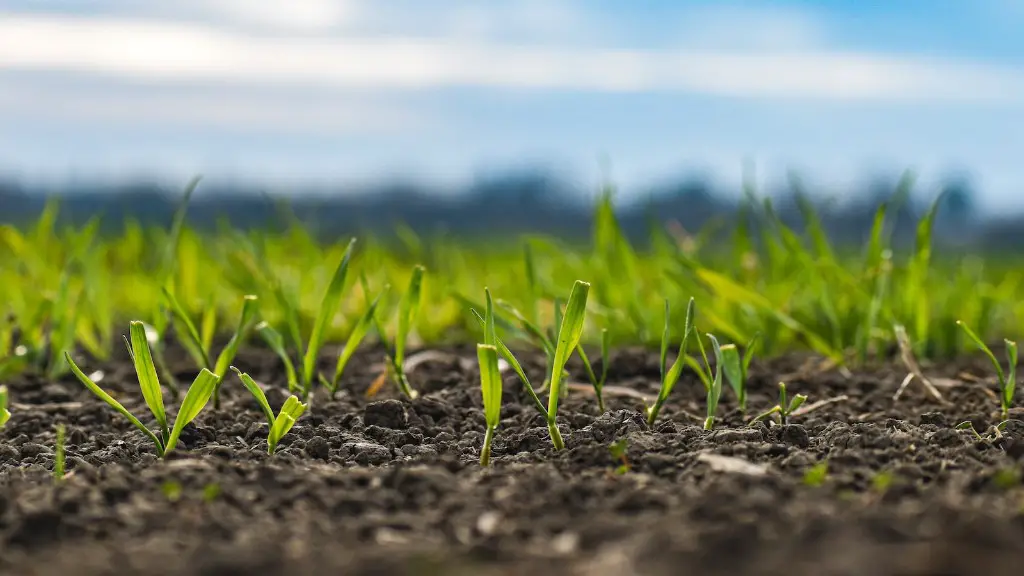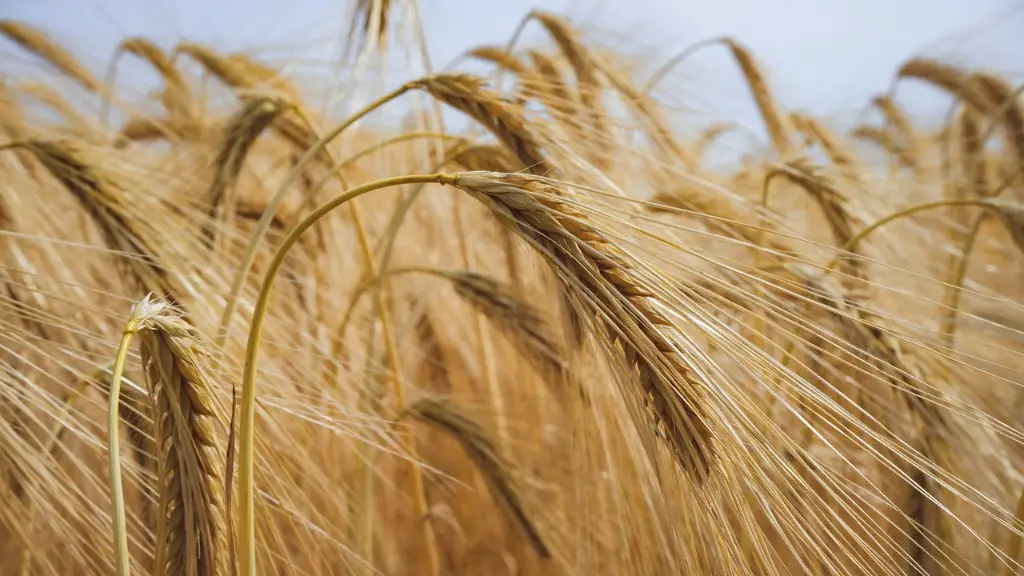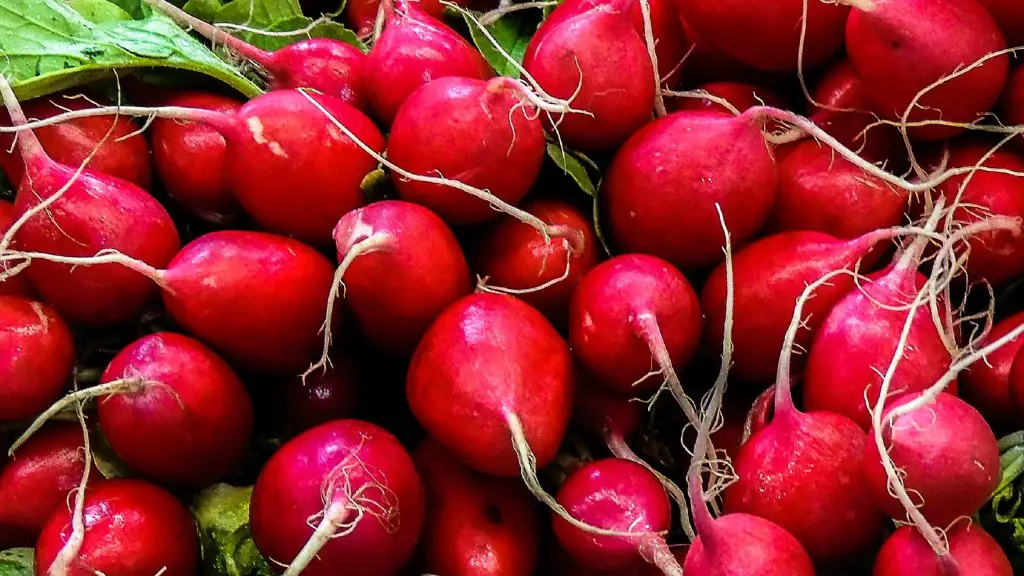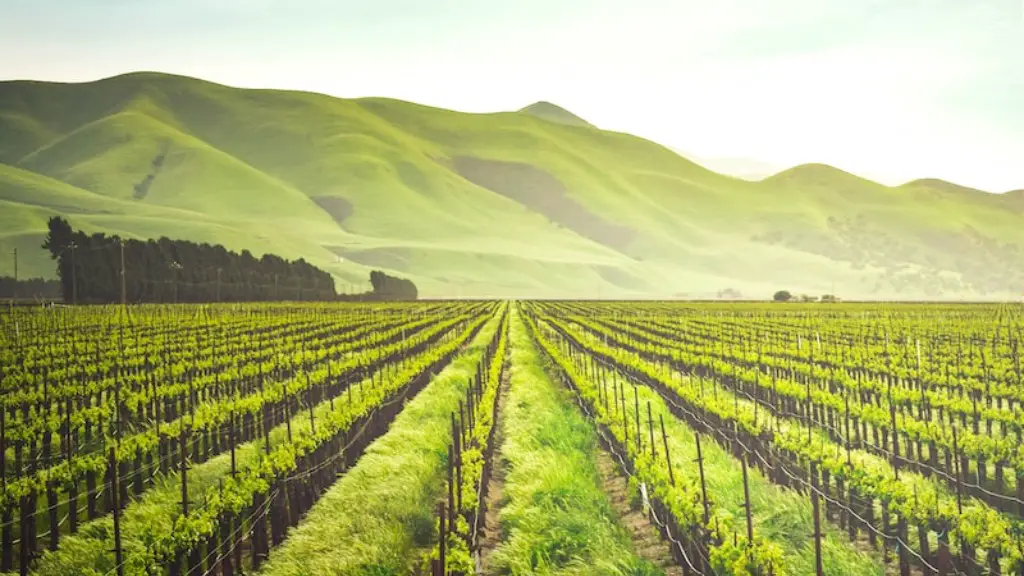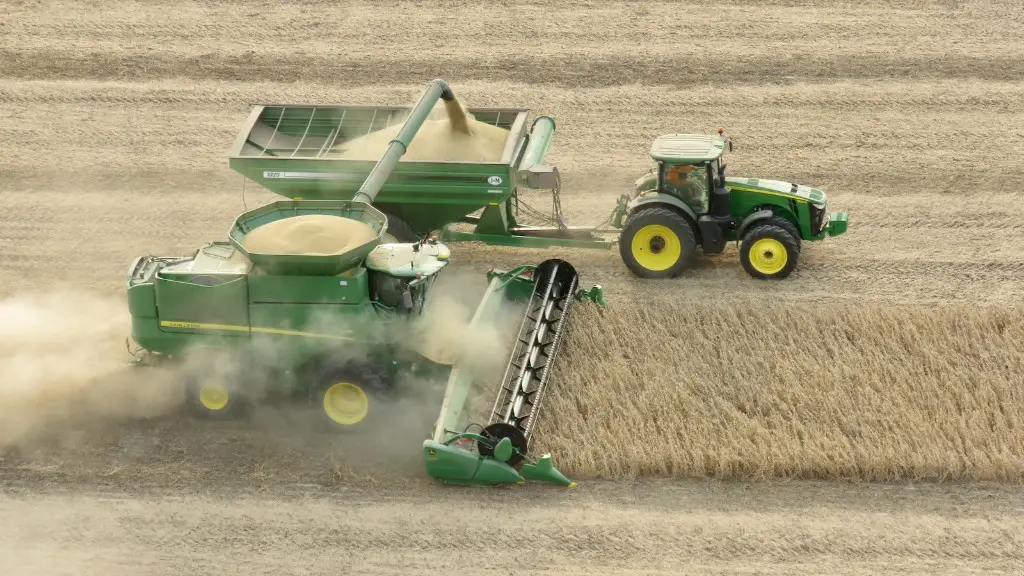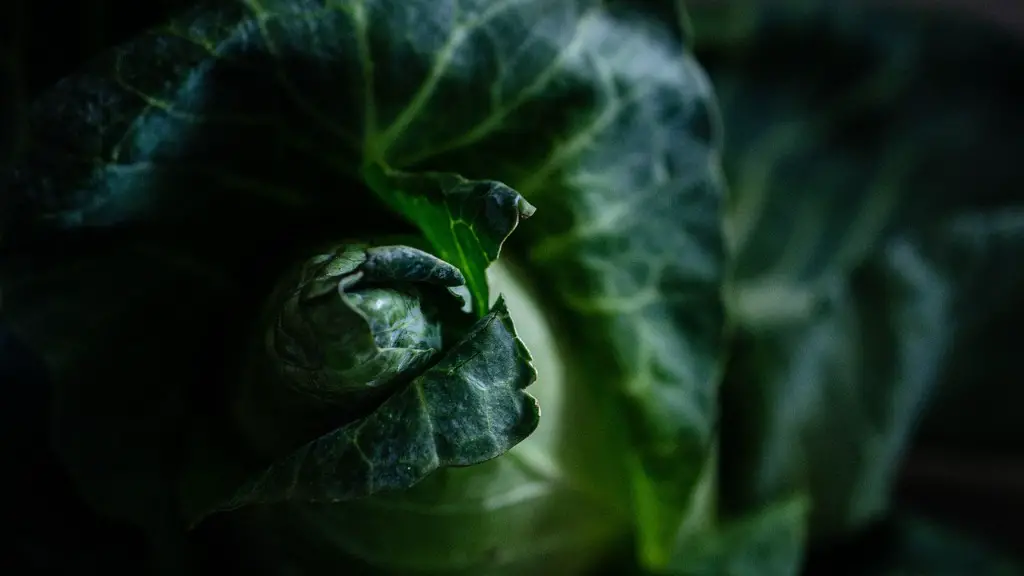Precision agriculture is a farming management system that uses information and communication technologies to increase yields, decrease inputs costs, and protect natural resources.
The phrase “precision agriculture” best describes the term precision agriculture.
Which term best describes the term precision agriculture?
Precision agriculture is an approach to farming that uses technology to improve the efficiency and productivity of agricultural operations. GPS agriculture is a type of precision agriculture that uses GPS technology to improve the accuracy of agricultural operations, such as planting, fertilizer application, and crop harvesting. Variable-rate farming is another type of precision agriculture that uses technology to vary the rate of inputs (such as seeds, fertilizer, and water) based on the needs of the plants.
Precision Agriculture is a management strategy that gathers, processes and analyzes temporal, spatial and individual data and combines it with other information to support management decisions according to estimated variability for improved resource use efficiency, productivity, quality, profitability and sustainability.
What is precision agriculture quizlet
Precision agriculture is a tool that helps farmers manage their farms more effectively. It takes into account the variability of the land, the crops, and even the weather, and helps farmers make decisions that will maximize their yield.
Precision agriculture is a branch of agriculture that makes use of precision technology to increase the efficiency and productivity of agricultural operations. Some examples of precision agriculture include the use of drones, Global Positioning Systems (GPS), and irrigation technologies. The goal of precision agriculture is to learn new management practices that can increase the profitability of agriculture production. In my research, I aim to assist farmers in maximizing their profitability through the use of precision agriculture.
Which of the following is the best definition of precision?
Precision refers to the accuracy of a measurement.
Precision agriculture is a term that refers to a variety of farming management practices that aim to optimize crop production by better understanding and responding to inter- and intra-field variability. Precision agriculture practices can vary depending on the specific needs of the farm, but they often make use of data collected by sensors and satellites to improve decision-making around planting, irrigation, and crop protection. In some cases, precision agriculture practices are also referred to as precision farming, satellite agriculture, as-needed farming, or site-specific crop management (SSCM).
What is the goal of precision agriculture?
Precision agriculture is a rapidly growing field that uses technology to increase efficiency and productivity in food production. Precision agriculture includes a number of practices such as using sensors to measure soil conditions, using drones to survey crops, and using data analysis to optimize irrigation and fertilizer use. These practices can help farmers reduce input costs, improve yields, and reduce environmental impacts.
Precision Agriculture (PA) is a farming management system that enables farmers to manage crops using near and remote sensing techniques and IoT sensors. PA helps farmers to monitor crop states at multiple growth levels and to acquire and process large amounts of data related to crop health.
What is the use of precision farming in agriculture
Precision agriculture is a type of farming that uses high-tech tools to manage crops more efficiently. Farmers can use precision agriculture to remotely control all the processes involved in farming, from planting to harvesting. This type of farming can even be used on small farms to manage large fields or a group of small areas. Precision agriculture can dramatically improve the efficiency of crops and save farmers financial costs while increasing production.
Precision Farming, or Precision Agriculture, is a farming method that uses technology to optimise returns on input while preserving resources. In short, it is a more sustainable way of farming.
There are many different types of precision farming, but the goal is always the same: to produce more with less. This means using less water, fertiliser and other inputs, and minimising wastage and environmental impact.
Precision farming is becoming increasingly popular as farmers look for ways to improve efficiency and sustainability. It is an important part of the future of agriculture.
What are the components of precision agriculture?
precision agriculture is the application of technology and information to crop production to improve management of inputs, decrease variability in production, and protect natural resources.
Precision farming and precision agriculture are terms that are often used interchangeably. Precision farming is a more general term that refers to the use of technology to improve the efficiency of agricultural production. Precision agriculture is a more specific term that refers to the use of technology to manage variability in agricultural production.
What is a good example of precision
The closeness of two or more measurements to each other is known as the precision of a substance. If you weigh a given substance five times and get 32 kg each time, then your measurement is very precise but not necessarily accurate. This is because the true value of the substance could be anything from 31.5 kg to 32.5 kg, and so your measurements are only precise to within 0.5 kg.
If you want to be precise, you need to be consistent in your measurements. This means using the same tools and methods every time. For example, if you want to measure your height, you should use a yardstick and always measure to the nearest inch. This way, you can be sure that your measurements are accurate.
What are the 3 principles of precision agriculture?
The agricultural industry has a significant impact on the environment. In order to minimize the negative impact of agricultural production, it is important to improve the quality of land and provide information support for agricultural management. There are a number of ways to improve the quality of land, including:
– Proper crop rotation
– Use of cover crops
– Use of mulch
– Minimizing tillage
– Use of organic fertilizer
Each of these methods can help to improve the quality of the land and reduce the negative impact of agricultural production. In addition, providing information support for agricultural management can help farmers to make more informed decisions about land use and management.
Precision refers to how close measurements of the same item are to each other. Precision is independent of accuracy. That means it is possible to be very precise but not very accurate, and it is also possible to be accurate without being precise. The best quality scientific observations are both accurate and precise.
Conclusion
Precision agriculture is a farming management concept based on observing, measuring and responding to inter and intra-field variability in crops.
Precision agriculture is a term used to describe a type of farming that uses technology to improve the accuracy of farm inputs. This type of farming can help farmers reduce inputs costs, improve yields, and decrease the environmental impact of farming.
